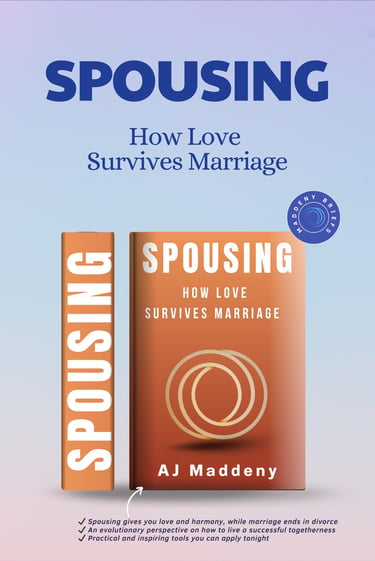The Maddeny Briefs
Decision Methodology Case Study
Organ Transplant Candidate Prioritization
This Brief walks through a high-stakes allocation problem inside a major transplant center. One compatible heart. Three critically ill patients. Each has a different medical prognosis, family situation, and potential contribution to society. The clinical team, social worker, administrator, and ethics advisor must choose one person to receive the organ while preserving trust in the process and in each other.
Instead of relying on gut feeling or whoever argues loudest, the team’s conflicting positions are unpacked into clear Positions, Issues, and Needs. Those PIN elements are then translated into criteria such as Family Impact, Medical Prognosis, Social Contribution, and Funding and program sustainability. Using a structured multi-criteria method, the group compares factors and candidates in pairs, checks their judgments for internal coherence, and converts that judgment set into a transparent ranking of the three patients.
The result is a confidential, board-grade decision report that documents how the recommendation was reached, where the ethical trade-offs sit, and how sensitive the outcome is to different value choices. Although the example lives in a medical setting, the same architecture is what I use with executive teams who need to allocate scarce capital, select a strategy, or resolve internal conflicts where the stakes are high and there is no safe way to please everyone.
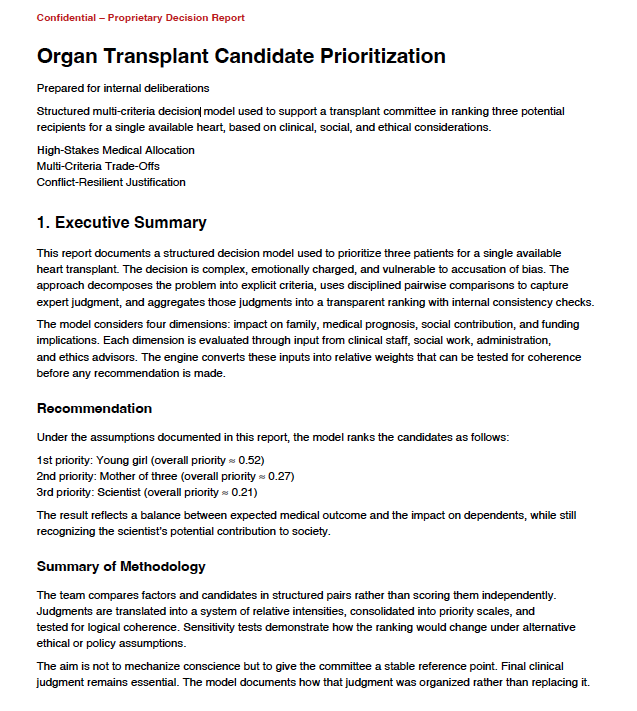

Spousing: How Love Survives Marriage
Most advice tells you to talk more. This book shows you what to do differently. Spousing is a systems-first way to handle conflict, design daily rituals, and restore warmth without pretending love is a mind-reading contest. Tonight you will swap assumptions for questions, name silence before it hardens, and stand shoulder to shoulder against schedules, bills, and noise.
Available on Amazon here: https://a.co/d/fa9rRTH
Divorce: Emergency Protocol
A Handbook for the First 90 Days After They Say “I Want Out”
A structural handbook for the most disorienting phase of divorce — the first 90 days after “I want out.” Designed for those blindsided by separation, this guide offers tactical clarity, not emotional fluff. Inside: how to stabilize your finances, housing, parenting, and decision-making before the paperwork begins. Practical, direct, and grounded in the Cognitore framework — it’s not about healing. It’s about not unraveling.
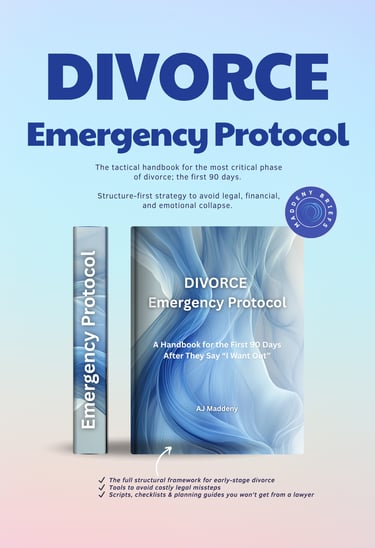

Available on Amazon here: https://a.co/d/2yuQZvK
Cognitore Brief # 3
Conflict Without Confusion: The PIN + JEA Guide
This Brief introduces two essential tools for decoding conflict before it escalates: the PIN Frame (Position, Issue, Need) and the JEA Sequence (Judgment, Expectation, Assumption). Together, they form the structural core of intelligent disagreement. Whether in negotiation, relationships, or leadership, these tools reveal what’s actually at stake — and how to shift from reactivity to clarity. It isn’t about winning arguments. It’s about seeing the system beneath the struggle — and intervening at the level that matters
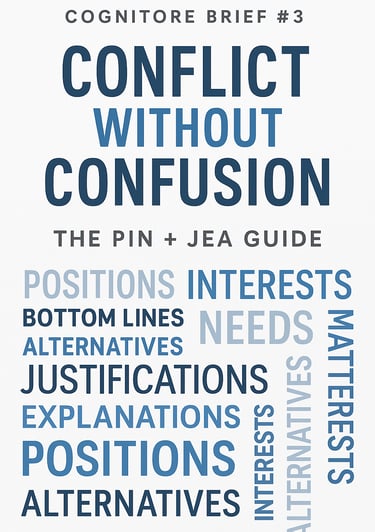

Publication Date: February 2026
Cognitore Brief # 9
Power Pyramid: How Power Flows & Why Most Misread It
This Brief reveals the structure of power as it actually functions — not as a myth, a feeling, or a personality trait, but as a patterned flow through roles, incentives, knowledge, and enforcement. From corporate boardrooms to personal relationships, power isn’t flat or fair — it’s layered. The Power Pyramid helps you locate yourself (and others) within these layers so you can act with clarity, not confusion. If you’ve ever been told to “own your power” but had no idea what that meant in real terms — this Brief is your answer.
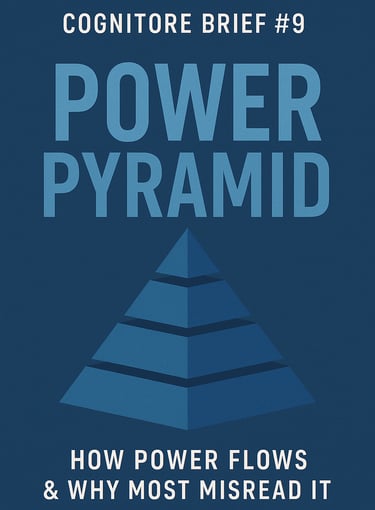

Publication Date: July 2026
Cognitore Brief # 7
Conflict Mapping by Domain: Every Dispute Lives Somewhere — Learn Where Before You Respond
Most people respond to conflict emotionally, even when the problem is structural. Or legally, when it’s actually relational. This Brief gives you a fast, intuitive tool to identify the true domain of a conflict — emotional, relational, structural, legal, financial, or informational — so you stop reacting at the wrong level. Whether in divorce, workplace tension, or social crisis, knowing what kind of power is at play is the first step to responding intelligently. Before you speak, escalate, or retreat — map the domain.
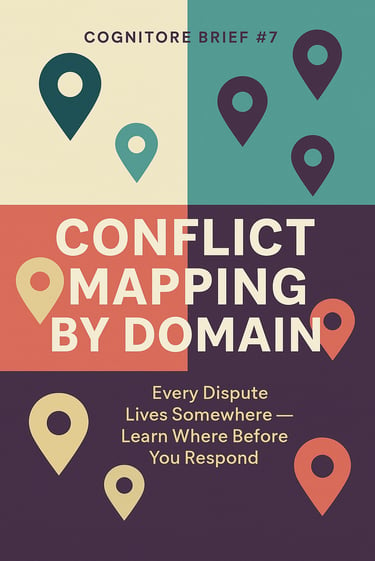

Publication Date: November 2026

